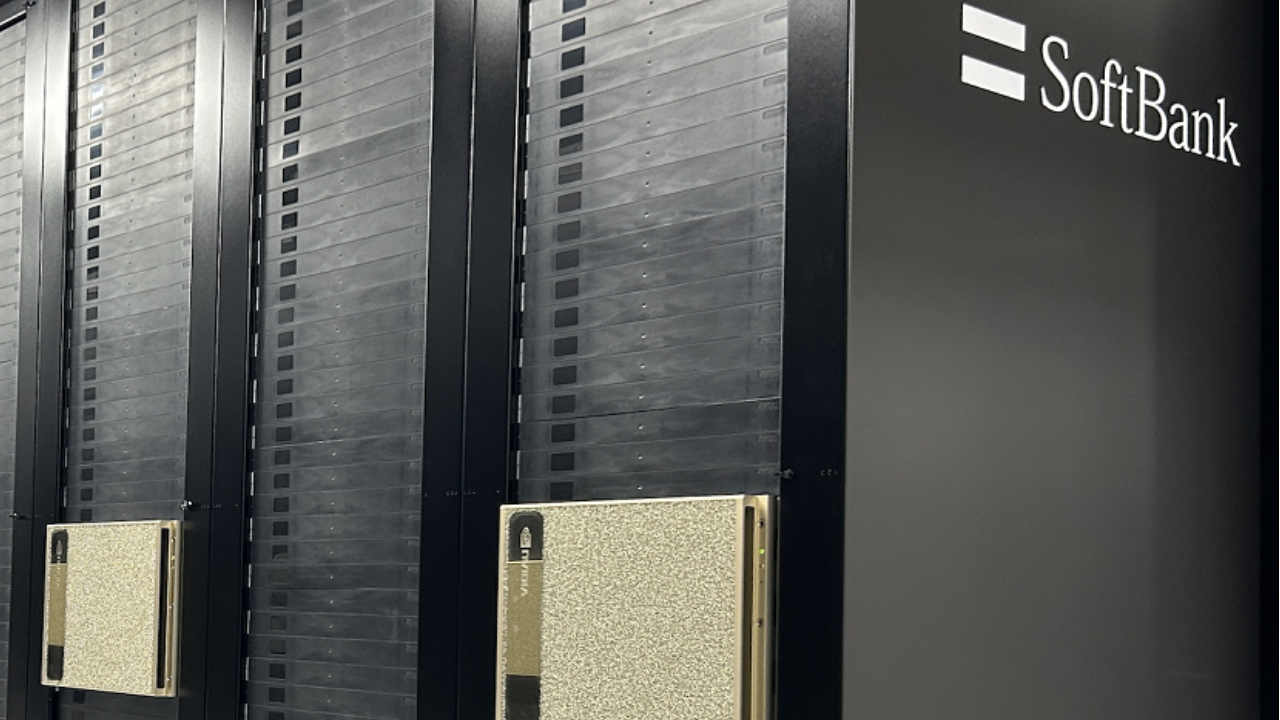SoftBank’s second-quarter financial results show that Masayoshi Son’s desperate pursuit of AI dominance is starting to yield paper profits. The Japanese investment giant doubled its net profit to 2.5 trillion yen (US$16.6 billion), thanks almost entirely to a jump in the valuation of its biggest bet: OpenAI. This result frees up billions for further investment in artificial intelligence, while fuelling fears of a growing speculative bubble.
Son’s strategy is simple: bet everything on one horse. To fund this manoeuvre, SoftBank is aggressively raising cash. The company sold its remaining stake in T-Mobile for US$9.17 billion and, most significantly, exited Nvidia entirely, cashing in US$5.83 billion. It’s a move that has analysts puzzled. SoftBank is divesting shares in a key AI infrastructure provider to double its investment in the language model leader.
CFO Yoshimitsu Goto said the investment in OpenAI was so large that the company “had to leverage existing assets”. Nvidia’s sale suggests that Son no longer believes GPU chip prices will continue to rise so rapidly.
The scale of SoftBank’s commitment to OpenAI is unprecedented. It is expected to reach US$34.7 billion by the end of the year. In March, SoftBank led a funding round at a valuation of US$300 billion; in October, it was already in a consortium buying employee shares at a valuation of US$500 billion. Vision Fund alone reported a 3.5 trillion yen investment gain, of which 2.16 trillion came solely from OpenAI shares.
The market is reacting euphorically. SoftBank’s shares have almost quadrupled in the last six months, forcing the company to announce a stock split (4:1). Investors see SoftBank as a high-risk vehicle for OpenAI.
However, there are growing concerns about whether these valuations are supported by fundamentals. Reuters sources reported that losses at OpenAI are widening, despite impressive revenue growth. SoftBank, however, remains unmoved. “SoftBank’s stance is that the risk of not investing is much greater than the risk of investing,” Goto commented. For Masayoshi Son, whose balance sheet includes the spectacular success of Alibaba and the equally high-profile failure of WeWork, this is another attempt to pick out the technology that will change the world.












